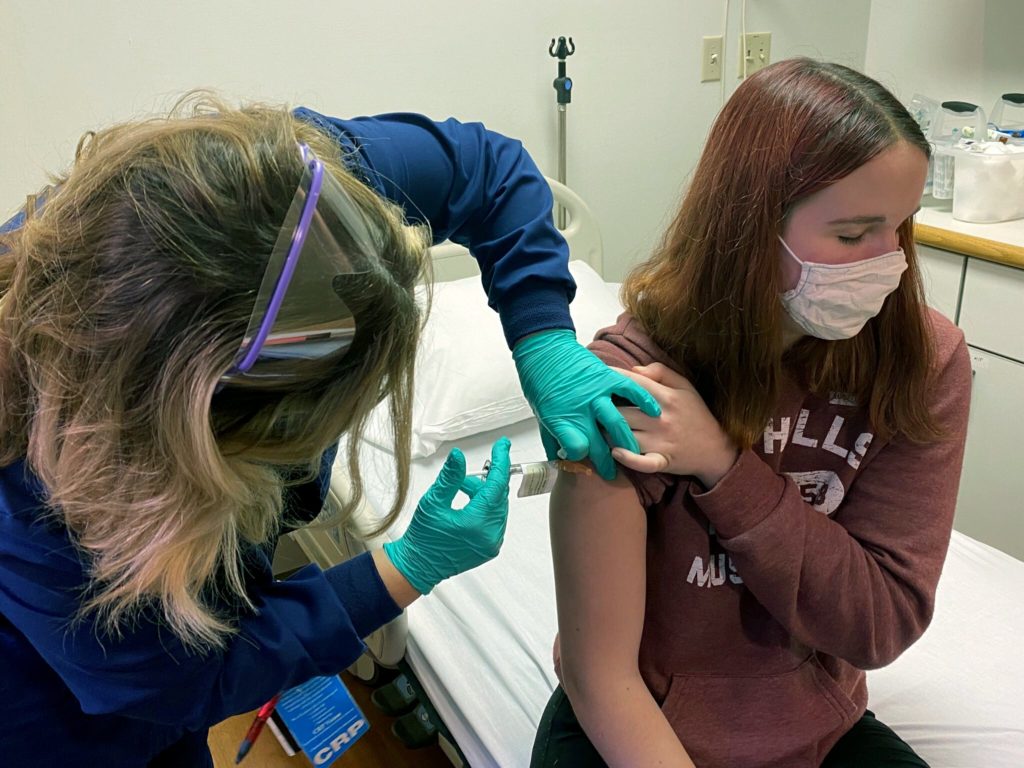It has been nearly a year since the first outbreak of COVID was declared in Wuhan, China. Since then, it has affected practically every aspect of our lives. From the start, experts cautiously stated that a vaccine would be the key to ending this pandemic- an often years-long process.
“The whole process is going to take a year, a year and a half, at least,” said Doctor Anthony Fauci, director of the National Institute of Allergy and Infectious Diseases on March 3.
This was an optimistic outlook, considering that vaccines can take years, or even decades to be approved for public use. Impressively, both Pfizer and Moderna have recently announced 90-95% efficacy (success) rate. This is a record rate for vaccine development.
However, a more important question for the average student emerges among all this scientific talk- when will we get the vaccine?
According to the CDC, healthcare personnel, essential workers, high risk people and those 65 and older have priority for the COVID vaccine. Most of us don’t fit into any of these boxes. For us, it could take months to get a vaccine.
In fact, vaccines typically have to be tested on children before they can be approved for use in them. Pfizer has begun testing on children and Moderna plans to begin testing very soon, but the research is still not complete. As a result, some experts fear that students won’t be vaccinated by next school year.
“I don’t think we’re going to see it in the first half of this coming year, … We need to see how the studies progress. We need to see that data in order to make sure that it is safe and effective in children,” said Dr. Jose Romero, the chair of the CDC’s Advisory Committee for Immunization Practices.

This is a disheartening thing to hear, but experts point out that this is essential to ensure that the vaccine won’t have adverse effects on people.
Even so, many people are skeptical about the vaccine. According to a poll by Healthier Colorado, 60% of Coloradans polled were willing to get a COVID vaccine once it was available. This number was even lower among Republicans, those without college degrees and minorities. Many experts say that around 70% of the population needs to be vaccinated to achieve herd immunity (where the entire population is protected and spread is restricted).
Once students get the vaccine, it is likely that school leaders will be a lot more confident to reopen school. President-Elect Joe Biden has already stated that he will not make the COVID vaccine mandatory, but it is possible that individual school districts will make the vaccine mandatory, similar to the requirements for vaccines such as tetanus, chickenpox and measles. The superintendent of Miami-Dade County Schools, one of the largest districts in the nation, has already stated that this is possible.
All of this information may seem overwhelming and not necessarily uplifting, but it’s important to remember that a vaccine is a key step to ending this pandemic. Scientists have worked extremely hard to make the vaccine safe and effective, meaning that getting vaccinated is the right thing for all of us to do.
